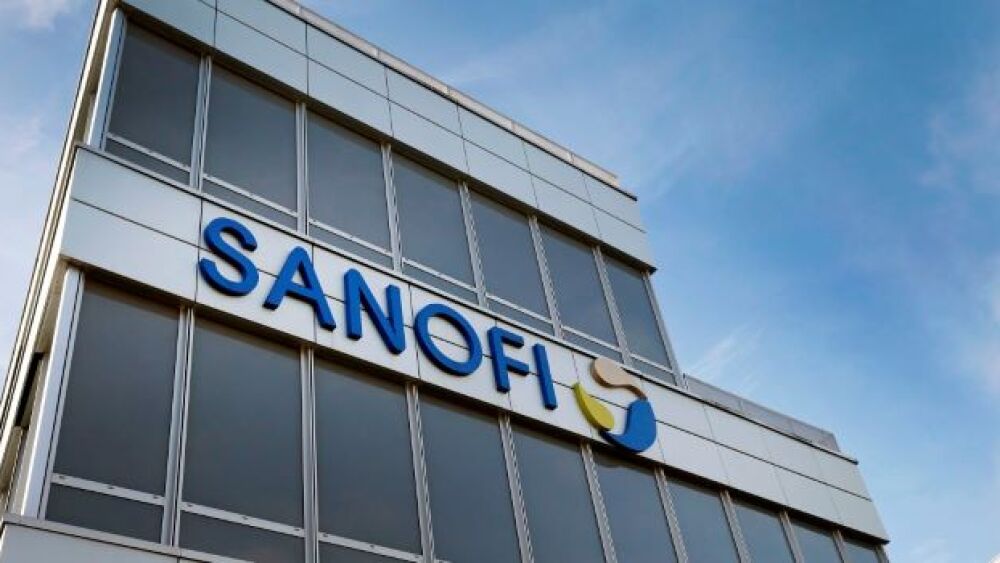The FDA’s decision came after researchers found cases of drug-induced liver injury in some patients. Tolebrutinib is being evaluated for relapsing types of MS, MG, nrSPMS, and PPMS.
Courtesy of Chesnot/Getty Images
Sanofi’s drug candidate for multiple sclerosis (MS) and myasthenia gravis (MG), tolebrutinib, has been placed on partial clinical hold by the U.S. Food and Drug Administration, with participants who have been treated for fewer than 60 days being told to stop.
The FDA’s decision came after researchers found cases of drug-induced liver injury in some patients. Tolebrutinib is being evaluated in several Phase III trials for relapsing types of MS, MG, non-relapsing secondary progressive MS (nrSPMS) and primary progressive MS (PPMS). The drug is an investigational brain-penetrant Bruton’s tyrosine kinase inhibitor that can generate the CSF concentrations necessary to target microglial cells and B lymphocytes.
In a statement, Sanofi said that the majority of the affected participants already had complications that placed them in a position to be predisposed to drug-induced liver injury. The company also added that the laboratory value elevations associated with the concern would be reversible if the drug were discontinued. Trial participants who have been taking the drug for over 60 days will still be allowed to continue.
“Following earlier dialog with FDA about these cases, study protocols were revised in May 2022 to update the monitoring frequency, and enrollment criteria were revised to exclude preexisting risk factors for hepatic dysfunction,” the company said.
Sanofi noted that it is confident regarding tolebrutinib’s potential as an oral treatment solution for people with MS. It is working with international investigators and an independent data monitoring committee to ensure the effectiveness of safety measures during trials.
In October 2021, Sanofi shared long-term data that supports the drug’s safety and efficacy profile.
“Evaluating the impact BTK inhibitors can have on preventing disability accumulation is critical to addressing the needs of people living with MS. These long-term outcomes of tolebrutinib reinforce its potential as a new treatment option for MS patients,” Anthony Traboulsee, M.D., professor and research chair of the MS Society of Canada at the University of British Columbia, said in an earlier statement.
The company has been evaluating tolebrutinib for various indications since 2019. Active studies include GEMINI 1 and GEMINI 2 for RMS, PERSEUS for PPMS, HERCULES for non-relapsing SPMS and URSA for adults with generalized MG. There are over 2,000 participants in different ongoing studies, some of which have three-year treatment durations.
Tolebrutinib is licensed to Sanofi by Principia Biopharma. Sanofi acquired Principia in 2021 for $3.7 billion to tap into the latter’s oncology assets and experimental BTK inhibitors, tolebrutinib included.
“Principia’s successful design and development of a whole portfolio of BTK inhibitors for immunology is aimed to transform the treatment for patients with immune-mediated diseases. The benefit of developing several BTK inhibitors will allow us to target specific organ systems for optimal patient benefit. The merger will provide global resources to get these novel therapies to patients faster,” Martin Babler, president and chief executive at Principia Biopharma, said at the time.





